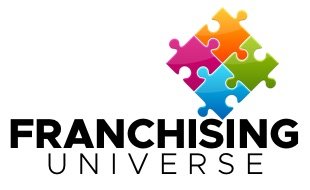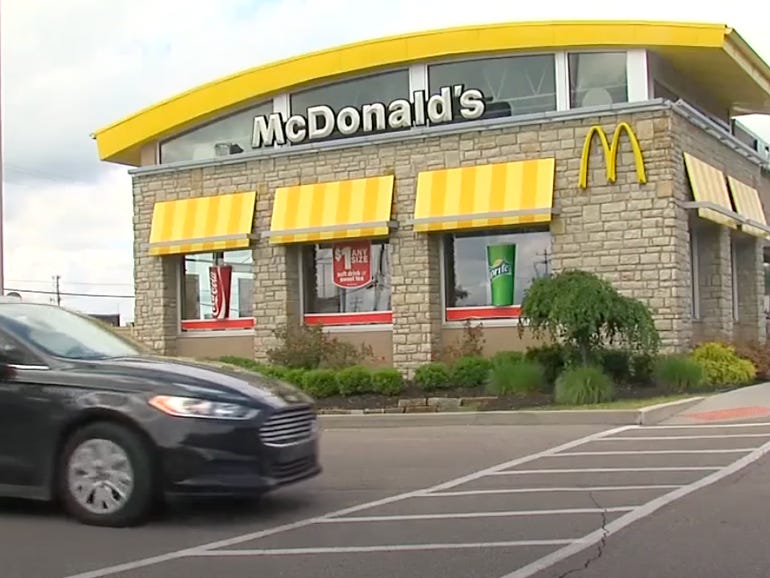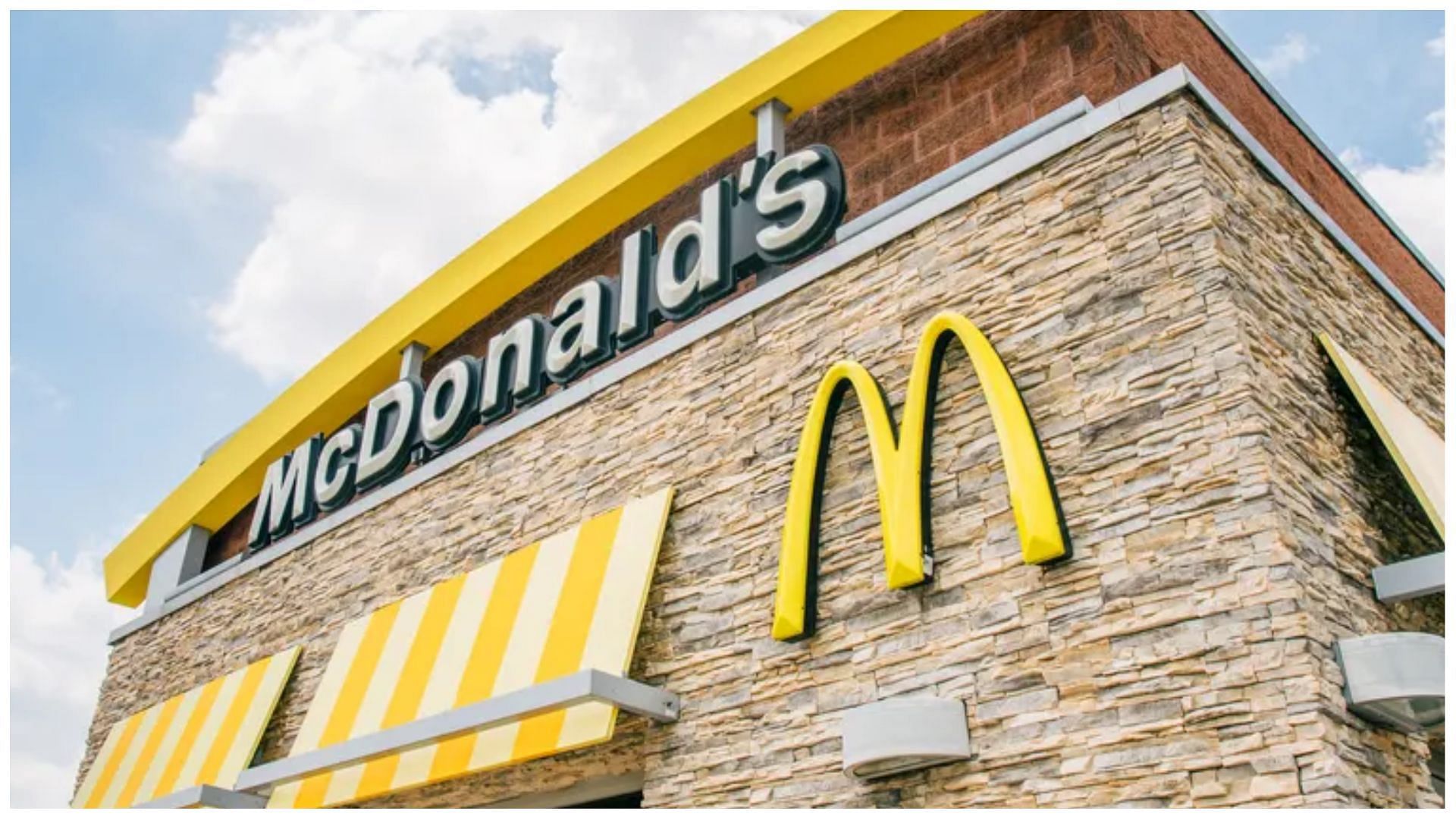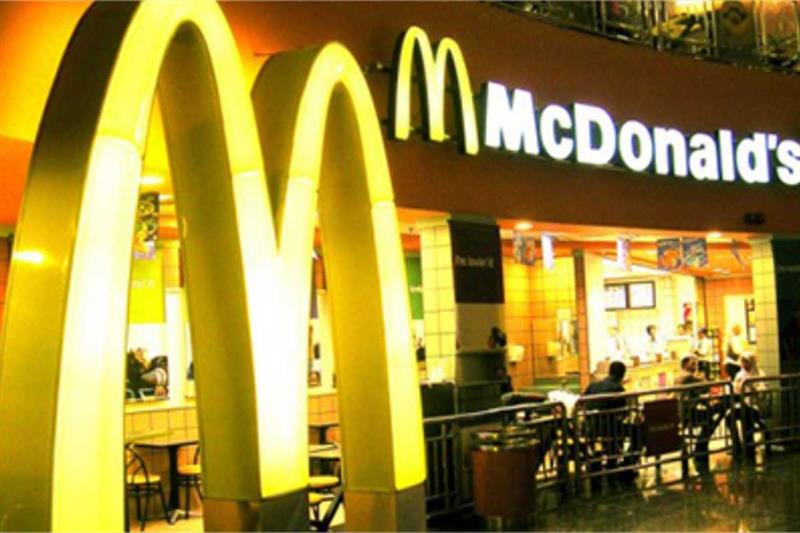Can McDonald’s deliver?
Screenshot by ZDNet
There’s always something new at McDonald’s. Not so much on the menu, but more in the sphere of how to please more customers with fewer employees and a more judicious use of technology.
Recently, it emerged that McDonald’s has decided that delivery apps, such as Uber Eats and DoorDash, were charging too much for their services. So the burger chain renegotiated its contract and declared its franchisees would now be able to make more money.
More details, however, have emerged about another aspect of the new McDonald’s-DoorDash relationship. The Wall Street Journal reports it isn’t all one-way traffic.
It seems that if a particular McDonald’s restaurant is slow to prepare a customer’s delivery order, DoorDash will impose penalties. And if a McDonald’s restaurant messes up an order, then it will have to accept the costs of that mistake. All of it.
At first bite, this all seems good for the customer. Orders should be accurate, and they’ll be more likely to arrive on time.
Naturally, I have fears.
If there’s one thing McDonald’s and DoorDash have in common, it’s that both are currently finding it very challenging to hire humans. Many people believe these companies don’t pay enough and the work isn’t attractive enough. Full employment can do that to human judgment.
In some areas, therefore, might delivery times be lengthened because the restaurant and DoorDash both know they can’t deliver quickly? And why would a McDonald’s restaurant agree to this timing, knowing it will incur penalties?
Won’t it be like airlines who pad their schedules in order to improve their on-time statistics?
This leads me to a beacon of odd hope for those who prefer to venture to a McDonald’s drive-thru or even — should they remember how — to actually sit in a McDonald’s restaurant. This even applies to those who stick to delivery.
In a recent announcement, McDonald’s also declared that it’s going to open restaurants in new locations.
You might think there’s nothing new about this. Yet McDonald’s currently has the fewest locations it’s had in 20 years. It closed 239 restaurants in 2021. As for opening new ones, it hasn’t done that for eight years.
If there are more McDonald’s in more places, you might think swifter deliveries remain possible. You might think DoorDash might hire more people precisely because there’s a new McDonald’s nearby.
It’s all a wondrous business balancing act.
If — no, when — the pandemic has finally slipped away, will human habits change again? Will humans crave eating out, rather than dining at home?
Can technology create more efficiencies to keep everyone happy — and to encourage humans to work at McDonald’s again?
In essence, technology’s job is speed and ease. If robot ordering works for a drive-thru, robots may also be taking your orders everywhere and making your burgers. The future of fast-food is to be a robotic vending machine. A really nice, big one.
Of course, robots will soon deliver your food, too.
When that glorious day arrives, DoorDash will never have to penalize a McDonald’s restaurant ever again.
But will you still have to tip?






